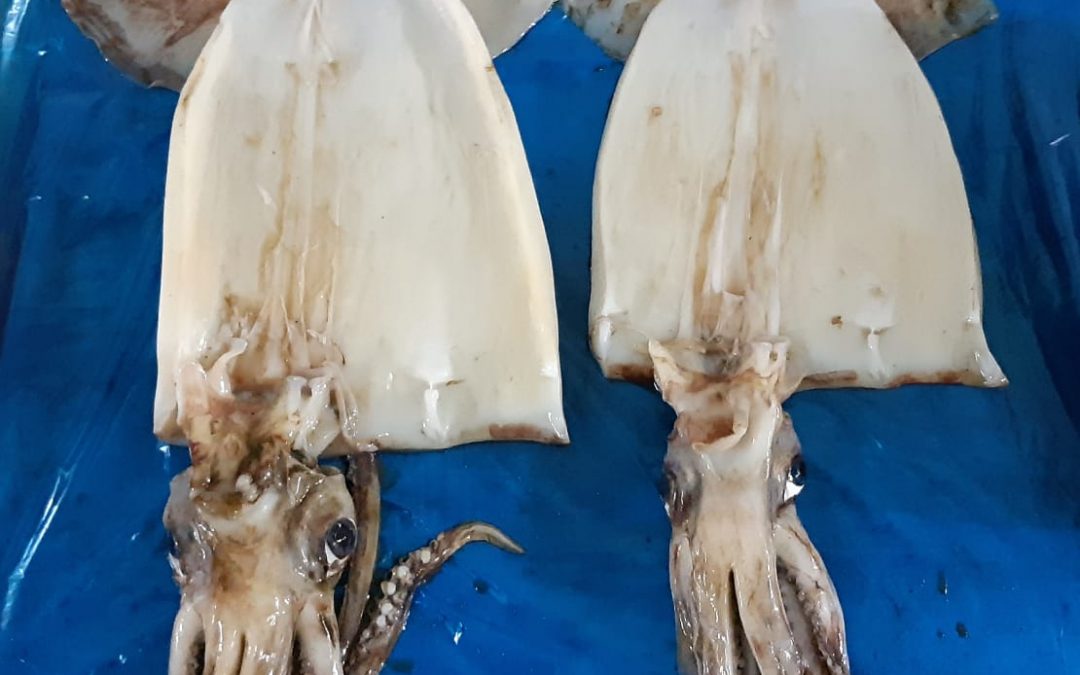The giga squid has been known for cooking since ancient Greece. The Greeks called it “winged fish”. This, of course, is a metaphorical name: it does not fly, but it can jump out of the water. In fact, squids are invertebrate mollusks with tentacles. Giga SQUID are famous for their low calorie content, abundance of proteins, phosphorus, iron, iodine, potassium, sodium, polyunsaturated fats and vitamins (B1, B2, B6, B9, C, E, PP). Due to the fact that the mollusk has a beneficial effect on the cardiovascular, digestive, endocrine systems, modern healers call the squid “sea ginseng”. Squids are high in protein, minerals and low in calories. Low-calorie squid is great for those who want to increase their protein intake without sacrificing their figure. A 100-gram serving of squid contains only 75-85 kcal. These shellfish are a source of vitamins B12 and B6. The body needs vitamin B12 for nerve and blood health, and vitamin B6 to protect the heart from strokes. Squid contains selenium and vitamin E. Squids are a source of iron.
They can provide approximately 90% of copper, which is a mineral needed for the absorption, storage and metabolism of iron. The copper found in squid also plays an important role in the formation of red blood cells. Copper deficiency can be seen in anemia. In addition, eating squid is good for the health of hair and nails, teeth and bones. Like shrimp and fish, squid is full of protein and the mineral phosphorus, which helps calcium build teeth and bones and strengthen hair and nails. Squid can cause an allergic reaction. With individual intolerance, you can not eat them.
They can provide approximately 90% of copper, which is a mineral needed for the absorption, storage and metabolism of iron. The copper found in squid also plays an important role in the formation of red blood cells. Copper deficiency can be seen in anemia. In addition, eating squid is good for the health of hair and nails, teeth and bones. Like shrimp and fish, squid is full of protein and the mineral phosphorus, which helps calcium build teeth and bones and strengthen hair and nails. Squid can cause an allergic reaction. With individual intolerance, you can not eat them.

